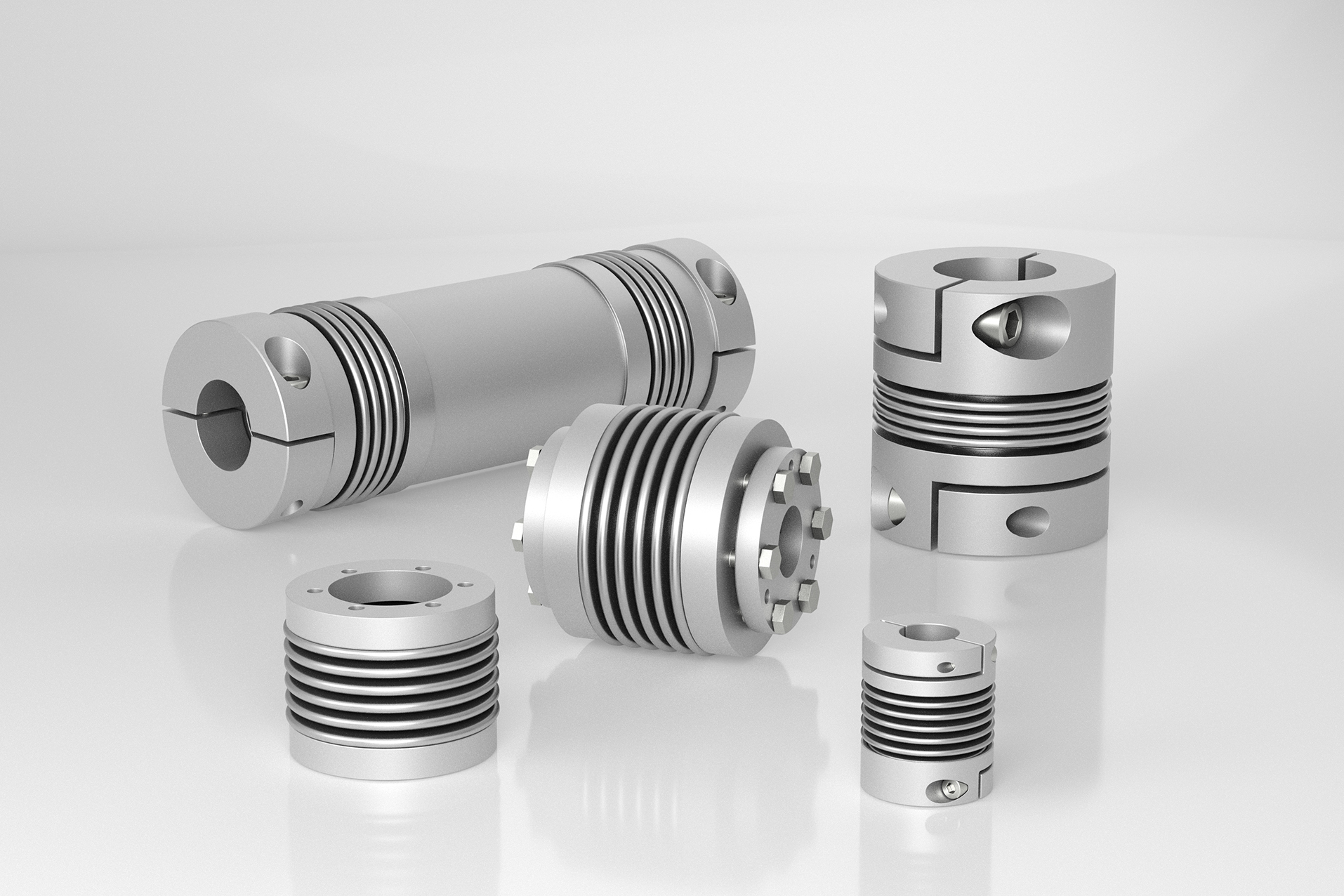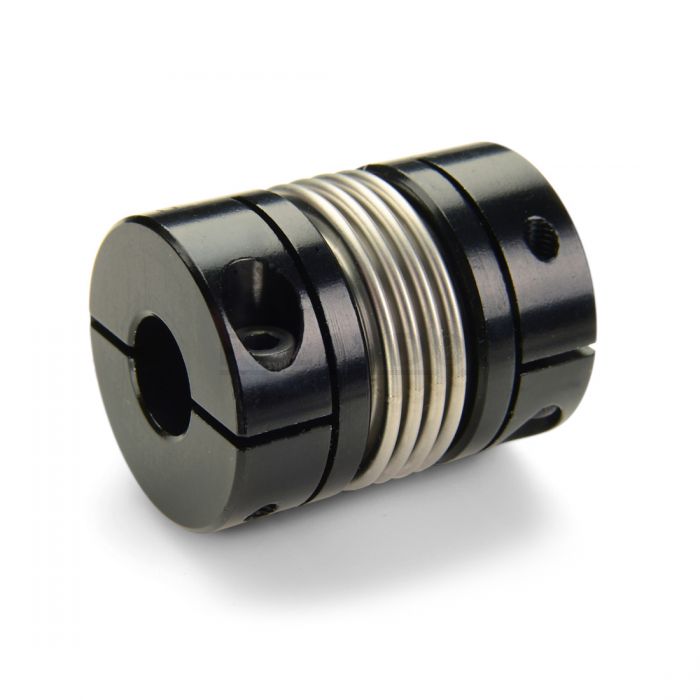Product Description
| Item No. | φD | L | L1 | L2 | M | Tighten the strength(N.m) |
| SG7-6-40- | 40 | 55 | 19 | 24 | M3 | 3 |
| SG7-6-55- | 55 | 65 | 22 | 31 | M4 | 6 |
| SG7-6-65- | 65 | 76 | 27 | 37 | M5 | 8 |
| SG7-6-82- | 82 | 88 | 32 | 41 | M6 | 10 |
| SG7-6-90- | 90 | 88 | 32 | 41 | M6 | 12 |
11111111111111111111111111111111111111111111111111111111111111111111111111111111111111111111111111111111111111111111111111111111111111111111111111111111111111111111111111111111111111111111111111111
1111111111111111111111111111111111111111111111111111111111111111111111111111111111111111111111111111111111111111111111111111111111111111111111111111111111111111111111111111111111111111111111111111111112111111111111111111111111111111111111111111111
| Item No. | Rated torque | Maximum Torque | Max Speed | Inertia Moment | N.m rad | RRO | Tilting Tolerance | End-play | Weight:(g) |
| SG7-6-40- | 13N.m | 26N.m | 8000prm | 9×10-5kg.m² | 15×103N.m/rad | 0.15mm | 2c | 1mm | 231 |
| SG7-6-55- | 28N.m | 56N.m | 6000prm | 2.9×10-4kg.m² | 28×103N.m/rad | 0.2mm | 2c | 1.5mm | 485 |
| SG7-6-65- | 60N.m | 120N.m | 5000prm | 4.6×10-4kg.m² | 55×103N.m/rad | 0.25mm | 2c | 1.5mm | 787 |
| SG7-6-82- | 150N.m | 300N.m | 4500prm | 1.1×10-3kg.m² | 110×103N.m/rad | 0.28mm | 2c | 1.5mm | 1512 |
| SG7-6-90- | 200N.m | 400N.m | 4000prm | 2×10-3kg.m² | 140×103N.m/rad | 0.3mm | 2c | 1.5mm | 1800 |
/* March 10, 2571 17:59:20 */!function(){function s(e,r){var a,o={};try{e&&e.split(“,”).forEach(function(e,t){e&&(a=e.match(/(.*?):(.*)$/))&&1

What Materials Are Commonly Used in Manufacturing Bellows Couplings?
Bellows couplings are manufactured using a variety of materials to suit different application requirements. The choice of material depends on factors such as the operating environment, torque and speed requirements, and the presence of any corrosive or aggressive substances. Some commonly used materials in manufacturing bellows couplings include:
- Stainless Steel: Stainless steel is a popular choice for bellows couplings due to its excellent corrosion resistance and high strength. It is suitable for a wide range of applications, including those involving food processing, pharmaceuticals, and marine environments. Stainless steel bellows couplings are durable and can withstand harsh conditions.
- Aluminum: Aluminum is known for its lightweight properties, making aluminum bellows couplings ideal for applications where reducing the overall weight is crucial. While not as corrosion-resistant as stainless steel, aluminum couplings are still suitable for many industrial settings and are often used in robotics, automation, and aerospace industries.
- Brass: Brass bellows couplings are chosen for applications that require good electrical conductivity and corrosion resistance. They are commonly used in electrical and electronic equipment, as well as in environments where brass is a preferred material for specific compatibility reasons.
- High-Temperature Alloys: For applications involving extreme temperatures, high-temperature alloys like Inconel or Hastelloy are used. These materials can withstand elevated temperatures while maintaining their mechanical properties, making them suitable for applications in the aerospace and automotive industries.
- Titanium: Titanium bellows couplings are used in applications requiring a combination of high strength, low weight, and excellent corrosion resistance. They are commonly found in aerospace, marine, and medical equipment where the coupling needs to endure aggressive environments.
The specific material chosen for a bellows coupling depends on the operating conditions, budget constraints, and performance requirements of the application. It’s essential to select a material that can withstand the demands of the environment while ensuring reliable and efficient power transmission in the system.

Are Bellows Couplings Suitable for Use in Corrosive or Harsh Environments?
Bellows couplings can be suitable for use in corrosive or harsh environments, depending on the material they are made from and their design. The choice of material is a crucial factor in determining the coupling’s resistance to corrosion and its ability to withstand harsh conditions.
Common materials used in manufacturing bellows couplings that offer good resistance to corrosion include stainless steel and other high-grade alloys. Stainless steel is known for its excellent corrosion resistance, making it well-suited for applications in harsh or corrosive environments.
In some cases, bellows couplings can be coated or treated with specialized coatings to further enhance their resistance to corrosion. These coatings can provide an additional layer of protection, allowing the coupling to perform effectively even in highly aggressive surroundings.
It’s essential to consider the specific environmental conditions and the type of corrosive agents present when selecting a bellows coupling for use in such environments. Proper material selection and the appropriate protective measures can ensure the longevity and reliability of the coupling under challenging conditions.
Additionally, it is essential to consult with coupling manufacturers or experts to identify the most suitable coupling material and design for the particular corrosive or harsh environment in question. Customized bellows couplings may be available to meet specific requirements, providing further versatility in addressing the challenges posed by corrosive or harsh conditions.

What are the Key Design Considerations when using Bellows Couplings for Precision Applications?
When using bellows couplings in precision applications, several key design considerations must be taken into account to ensure optimal performance and accuracy. These considerations include:
- Torsional Stiffness: In precision applications, maintaining torsional stiffness is crucial to minimize angular deflection and maintain accurate positioning. Choose bellows couplings with high torsional stiffness to ensure precise torque transmission.
- Backlash-Free Design: Backlash can introduce positioning errors in precision systems. Select bellows couplings with minimal or zero backlash to maintain accurate motion control.
- Radial Runout: Ensure that the bellows coupling has low radial runout to prevent eccentricity and vibration during rotation, contributing to smoother operation.
- Material Selection: Choose materials with excellent fatigue resistance and high strength to withstand continuous operation and provide long-lasting performance.
- Misalignment Compensation: Evaluate the required misalignment compensation for the specific application. Bellows couplings should be capable of accommodating both angular and axial misalignments without sacrificing precision.
- Compact Size: For applications with limited space, consider compact bellows couplings that provide high torque capacity in a small form factor.
- Temperature and Corrosion Resistance: If the application involves extreme temperatures or harsh environments, opt for bellows couplings made from materials that offer temperature and corrosion resistance.
- Vibration Damping: Bellows couplings with good vibration damping properties help reduce resonance and maintain system stability during high-speed operations.
- Electrical Isolation: In precision applications with sensitive electronics, consider bellows couplings that provide electrical isolation to prevent electrical currents from passing between shafts.
- Customization: Some precision applications may require tailored solutions. Collaborate with coupling manufacturers to explore custom designs that meet specific requirements.
By carefully considering these design aspects, engineers can select the appropriate bellows coupling that aligns with the precision application’s needs, ensuring accurate motion control, reliability, and enhanced performance.


editor by CX 2024-02-10
